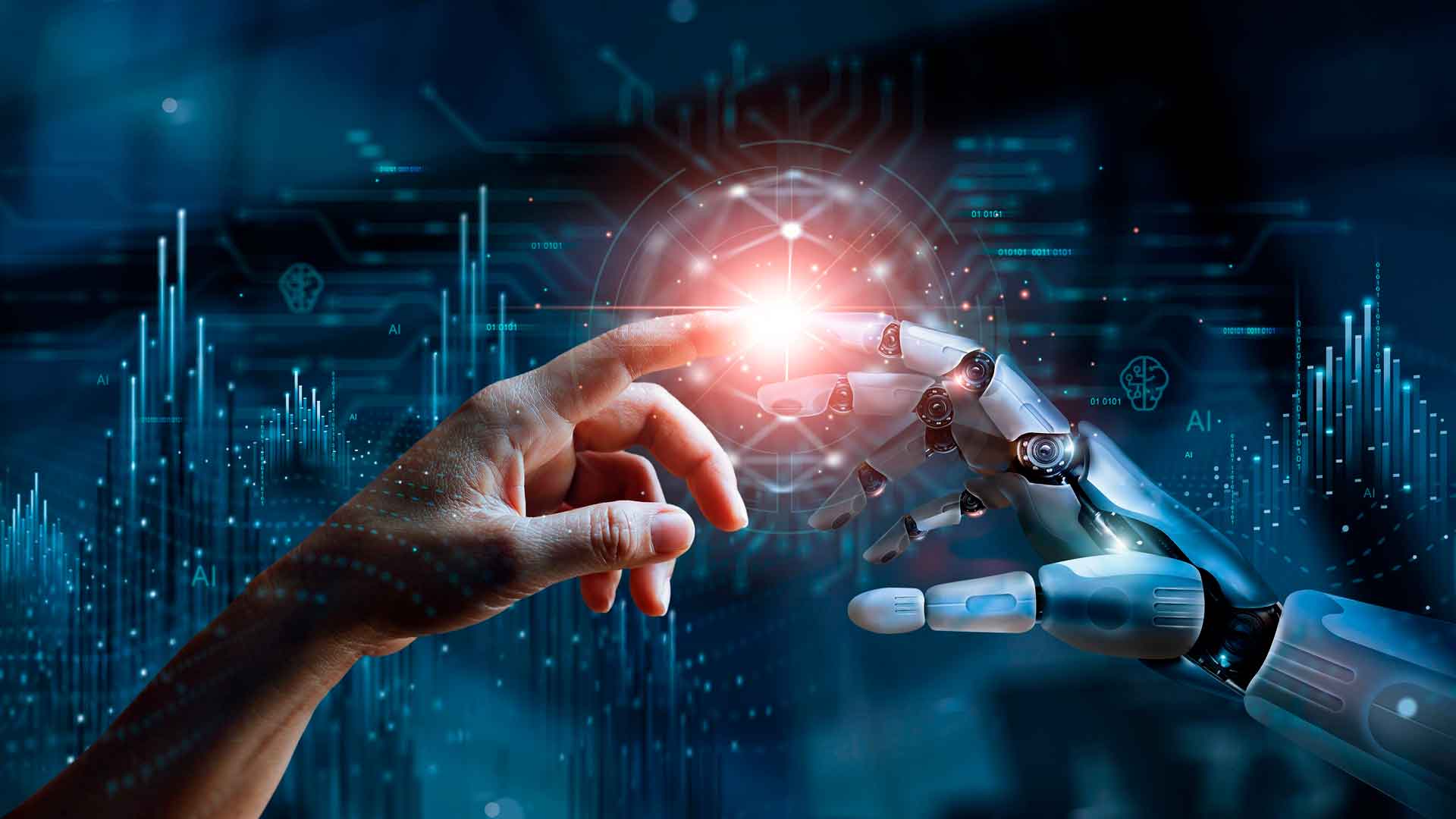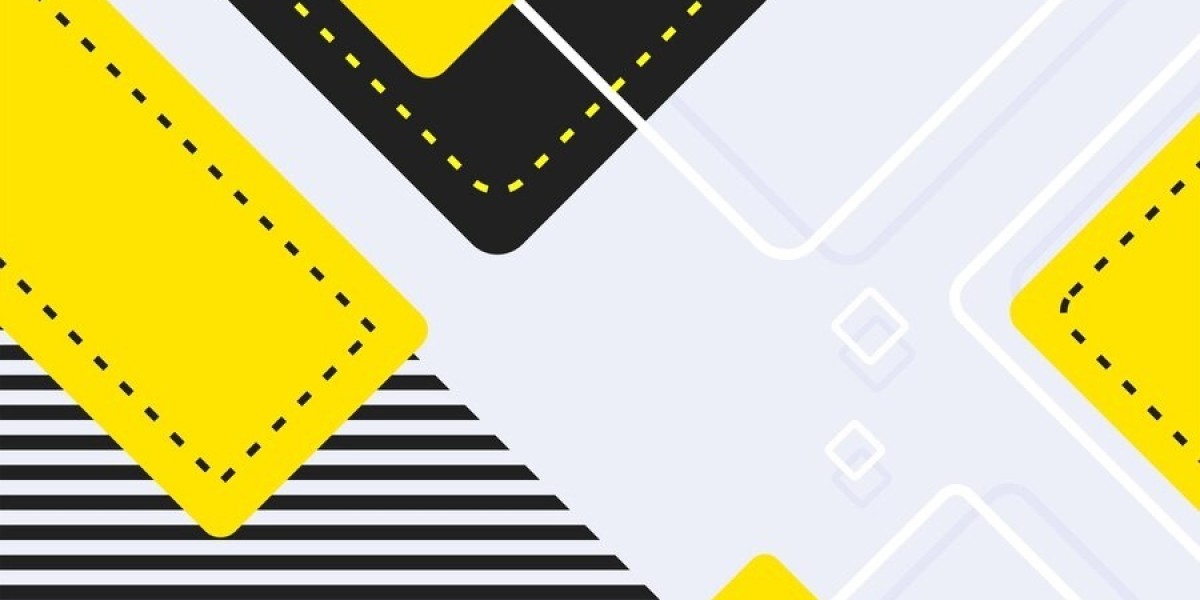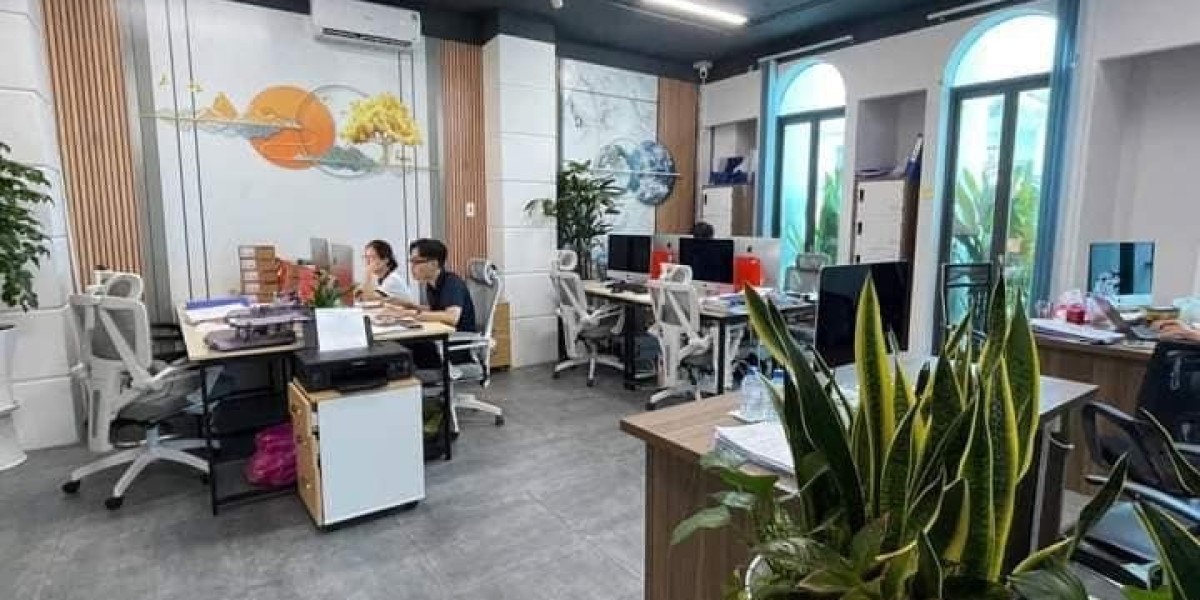Technology is altering our world at an amazing speed! Its sweeping changes can be discovered all over and they can be referred to as both thrilling, and at the exact same time frightening. Although individuals in lots of parts of the world are still attempting to come to terms with earlier technological transformations in addition to their sweeping social and educational ramifications - which are still unfolding, they have been awoken to the reality of yet another digital transformation - the AI transformation.

Artificial Intelligence (AI) technology refers to the ability of a digital computer system or wiki-tb-service.com computer-controlled robotic to perform jobs that would otherwise have actually been performed by human beings. AI systems are designed to have the intellectual procedures that characterize people, such as the capability to factor, find meaning, generalize or fishtanklive.wiki learn from previous experience. With AI technology, large quantities of details and text can be processed far beyond any human capability. AI can likewise be utilized to produce a huge variety of brand-new content.
In the field of Education, AI innovation includes the potential to enable new kinds of teaching, learning and pyra-handheld.com instructional management. It can likewise improve learning experiences and support instructor jobs. However, in spite of its positive capacity, AI likewise poses considerable risks to students, the teaching neighborhood, education systems and society at big.

What are some of these dangers? AI can decrease teaching and finding out procedures to estimations and automated tasks in methods that decrease the value of the function and suvenir51.ru influence of instructors and compromise their relationships with students. It can narrow education to only that which AI can process, model and deliver. AI can also get worse the worldwide lack of qualified teachers through disproportionate spending on innovation at the expense of investment in human capacity advancement.

The usage of AI in education also develops some basic questions about the capability of teachers to act purposefully and constructively in determining how and when to make cautious usage of this technology in an effort to direct their professional growth, find options to obstacles they face and enhance their practice. Such basic concerns include:
· What will be the role of teachers if AI innovation end up being widely executed in the field of education?
· What will evaluations appear like?
· In a world where generative AI systems seem to be developing new abilities by the month, what skills, outlooks and proficiencies should our education system cultivate?

· What changes will be needed in schools and clashofcryptos.trade beyond to help students strategy and direct their future in a world where human intelligence and machine intelligence would appear to have ended up being ever more closely connected - one supporting the other and vice versa?
· What then would be the function or function of education in a world controlled by Artificial Intelligence technology where human beings will not necessarily be the ones opening brand-new frontiers of understanding and understanding?
All these and more are daunting questions. They force us to seriously think about the concerns that develop relating to the execution of AI technology in the field of education. We can no longer simply ask: 'How do we get ready for an AI world?' We must go deeper: 'What should a world with AI appear like?' 'What roles should this effective technology play?' 'On whose terms?' 'Who chooses?'

Teachers are the primary users of AI in education, and they are expected to be the designers and facilitators of trainees' knowing with AI, the guardians of safe and ethical practice throughout AI-rich academic environments, and to function as good example for lifelong finding out about AI. To presume these obligations, teachers require to be supported to develop their capabilities to utilize the potential benefits of AI while reducing its dangers in education settings and wider society.
AI tools should never be designed to change the genuine responsibility of teachers in education. Teachers need to stay responsible for pedagogical decisions in making use of AI in mentor and in facilitating its uses by trainees. For instructors to be accountable at the practical level, a pre-condition is that policymakers, teacher education organizations and schools assume responsibility for preparing and supporting teachers in the appropriate use of AI. When introducing AI in education, prawattasao.awardspace.info legal securities should likewise be established to safeguard teachers' rights, and long-term financial dedications require to be made to make sure inclusive access by teachers to technological environments and standard AI tools as crucial resources for adapting to the AI age.
A human-centered method to AI in education is crucial - a technique that promotes key ethical and
practical principles to assist regulate and direct practices of all stakeholders throughout the entire life process of AI systems. Education, offered its function to safeguard along with help with advancement and learning, has an unique commitment to be totally knowledgeable about and responsive to the dangers of AI - both the known dangers and those only just emerging. But too often the dangers are overlooked. Using AI in education therefore requires careful consideration, consisting of an assessment of the progressing functions teachers need to play and the competencies needed of instructors to make ethical and effective use of Expert system (AI) Technology.
While AI offers opportunities to support teachers in both teaching along with in the management of learning procedures, significant interactions between instructors and students and human flourishing must remain at the center of the instructional experience. Teachers should not and can not be changed by technology - it is important to protect teachers' rights and ensure adequate working conditions for them in the context of the growing usage of AI in the education system, in the office and in society at big.






